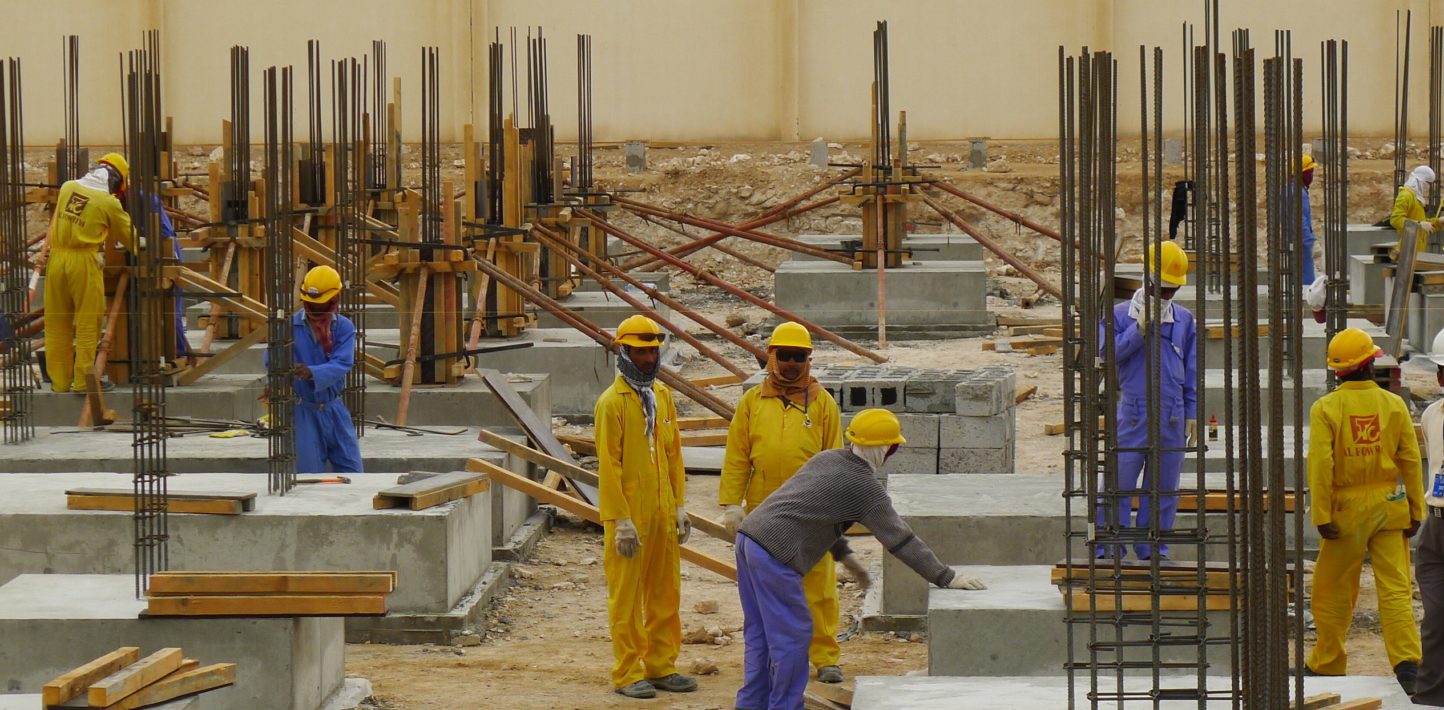Amnesty International and a coalition of non-governmental organizations and trade unions recently sent letters to Saudi Arabia, the United Arab Emirates, Qatar, Bahrain, Kuwait and Oman raising their concerns and suggesting recommendations that aim to protect the rights of migrant workers during the COVID-19 pandemic.
The coalition includes Human Rights Watch, Migrant-Rights.org, and Business & Human Rights Resource Centre.
Between them, these six countries host the majority of the 23 million migrant workers living in Arab states, who come from some of the world’s poorest countries seeking employment in a variety of sectors including construction, hospitality and domestic service.
With COVID-19 now impacting the migrant workers community in the Gulf, they find themselves increasingly vulnerable and exposed to significant health risks.
The labour systems operating in these countries – alongside dire living conditions, scarce legal protection, lack of information, and restricted access to preventive health care measures and treatments – make it extremely difficult for migrant workers to protect themselves during such a pandemic.
Lynn Maalouf, Amnesty International’s Middle East Research Director, said:
“Gulf countries are highly dependent on migrant workers in almost every major sector to help grow their economies – and yet they have utterly failed to protect migrant workers, and treat them with the dignity and respect they deserve.
“This pandemic has further exposed their extremely vulnerable position, with many cases of COVID-19 being reported amongst migrant worker communities.
“While some governments made promising commitments to support migrant workers, much more needs to be done to ensure COVID-19 will not result in further human rights violations and greater suffering for migrant workers in these countries.”


